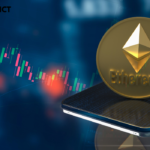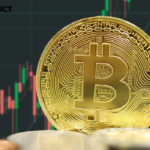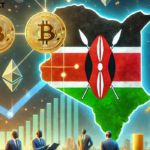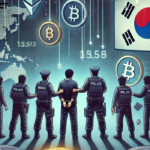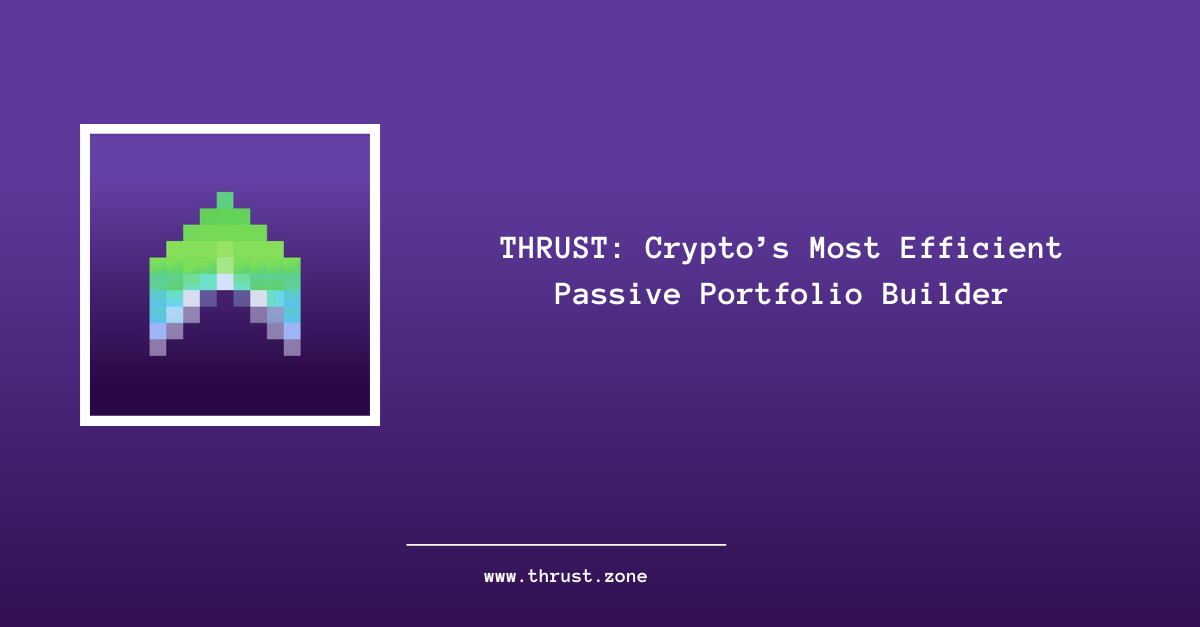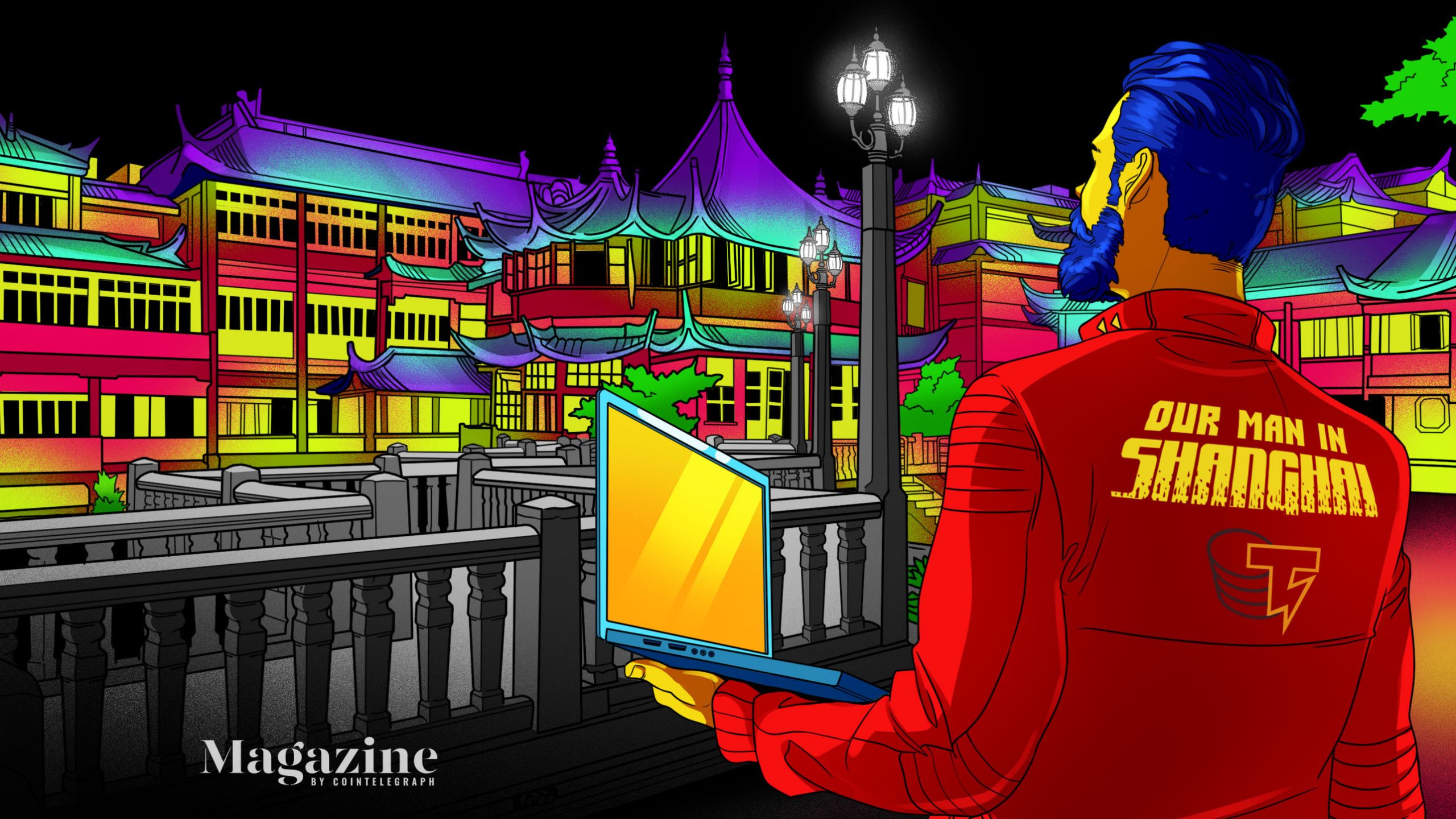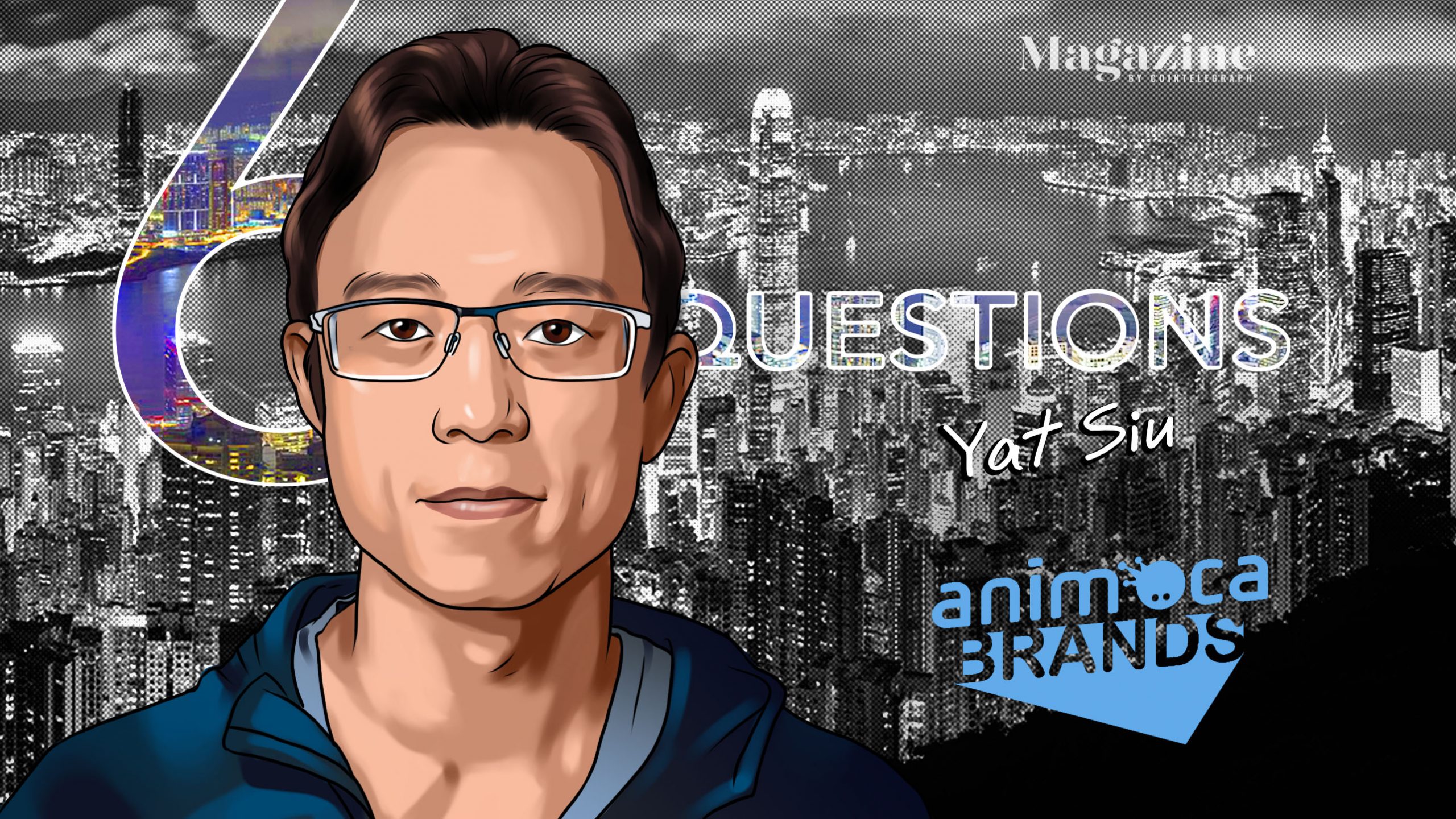
6 Questions for Yat Siu of Animoca Brands – Cointelegraph Magazine
We ask the buidlers in the blockchain and cryptocurrency sector for their thoughts on the industry… and we throw in a few random zingers to keep them on their toes! This week, our 6 Questions go to Yat Siu, the co-founder, group executive chairman and managing director of Animoca Brands, who leads various NFT projects.A veteran technology entrepreneur and investor, Yat is the co-founder, group executive chairman and managing director of Animoca Brands — a global leader in blockchain and gaming with the mission to deliver digital property rights to the world’s gamers and internet users. Animoca seeks to create a new asset class, play-to-earn economies and a more equitable digital framework contributing to the building of the open Metaverse.Yat began his career at Atari Germany in 1990. In 1995, he moved to Hong Kong to establish Hong Kong Cybercity/Freenation, the first free webpage and email provider in Asia. In 1998, he set up Outblaze, an award-winning pioneer of multilingual white label web services. In 2009, he sold Outblaze’s messaging unit to IBM and pivoted Outblaze to become an incubator of projects and companies to develop digital entertainment services and products. One of those incubator projects is Animoca Brands. 1 — From smart contracts to DApps, NFTs and DeFi, we have seen so many of crypto’s next “killer apps,” but none have really taken off yet. What will stick?The killer apps for crypto are already here, they’re just in need of further growth and penetration. Gaming is the killer app — more specifically, GameFi. Games like Axie Infinity and The Sandbox have captured the imagination of thousands and have grown accordingly by enabling their users to own their own game content and benefit materially from that content. The top DApps tend to be games (DappRadar currently lists six games in the top 10 DApps), and I do not expect that to change. 2 — If you were investing in startup companies right now, what kind of blockchain-based business opportunities would catch your eye? As it happens, we are, in fact, actively investing in blockchain companies (startups and non-startups) all over the world. We are particularly interested in projects that can drive mass adoption, and in this we consider Metaverse-related companies to be critical to future growth. By that, I don’t just mean Metaverse world builders but also the companies that provide open assets that will be used in the Metaverse — for example, virtual car builders as opposed to an entire racing game.Another important quality that we look for is openness. We invest in projects that grow the open Metaverse and facilitate the delivery of true digital property rights based on assets that derive their utility from being open, interoperable and composable. This includes platforms and protocols (Flow, Polygon, etc.) and marketplaces (OpenSea, Bitski, BNV, etc.), as well as consumer products like games and worlds. In essence, the companies that we invest in must be open to openness.My concern is that the large Web 1.0 and 2.0 companies, which already enjoy a massive user advantage, will try to shape the Metaverse into a series of closed systems operated on their terms and under their total control. These proprietary metaverses are not likely to be very democratic and will lack the openness and digital property rights that should rightfully characterize the next iteration of our online experience.I think that tech giants like Facebook are unlikely to offer their metaverse users any meaningful degree of ownership — or they might do so at face value, but then implement strict content and usage licenses as we see in social media services today. Without digital property rights, it will not be possible to create a democratic, responsible, equitable Metaverse. 3 — Which countries are doing the most to support blockchain — and which ones will be left behind? The winners in this arena will be countries with a history of serving alternative and/or fast-growing financial products and that are highly supportive of blockchain — such as Liechtenstein, Singapore and Switzerland. Other winners will include highly developed economies that have contributed to and promoted the blockchain industry — Germany, for example, where spezialfonds allow pension funds and insurers to hold up to 20% of investments as cryptocurrencies, and where the stock exchange (Deutsche Boerse) and a major bank (Commerzbank) have already invested to support the trading of NFTs.Countries that experiment and invest in the blockchain space will attract growth and the best and brightest talent, and those that don’t will miss out not only on the benefits of the technology but also on the talent. One example of this is how Australian crypto companies are moving to places like Singapore and drastically lowering Australia’s competitive capacity in this important, growing segment of technology and finance.This alert about Australia’s missed opportunity is being sounded not only by crypto pundits and similarly interested parties but also by respected industry sources such as the CEO of National Australia Bank, one of the major financial institutions in the country.Countries with a well-established culture of disruptive innovation, such as the United States, continue to forge ahead in blockchain despite the risks involved and the lack of clarity from regulators. I think that the U.S., despite having more regulation, will remain a key environment for blockchain-related companies and associated venture capital (global crypto growth is fuelled in significant part by U.S. venture and other capital). Regulation is important, and I hope it can be achieved without stifling growth and innovation.The biggest losers will be countries that reject applications of blockchain (including crypto) and, particularly, countries that reject the entire digital asset space. The use of fungible and nonfungible tokens provides an open, transparent value system where growth is being driven by the network effect. The more people join this new open system, the stronger it becomes, while the old closed networks become more isolated and less attractive.For a nation, rejecting blockchain and crypto is like refusing to join the World Trade Organization and saying no to global free trade. 4 — What talent do you lack and…


